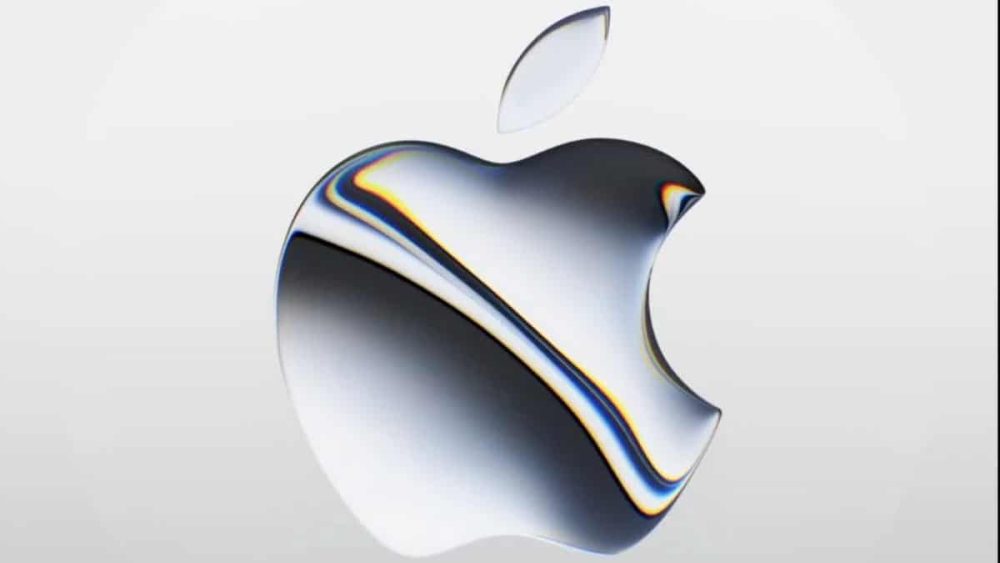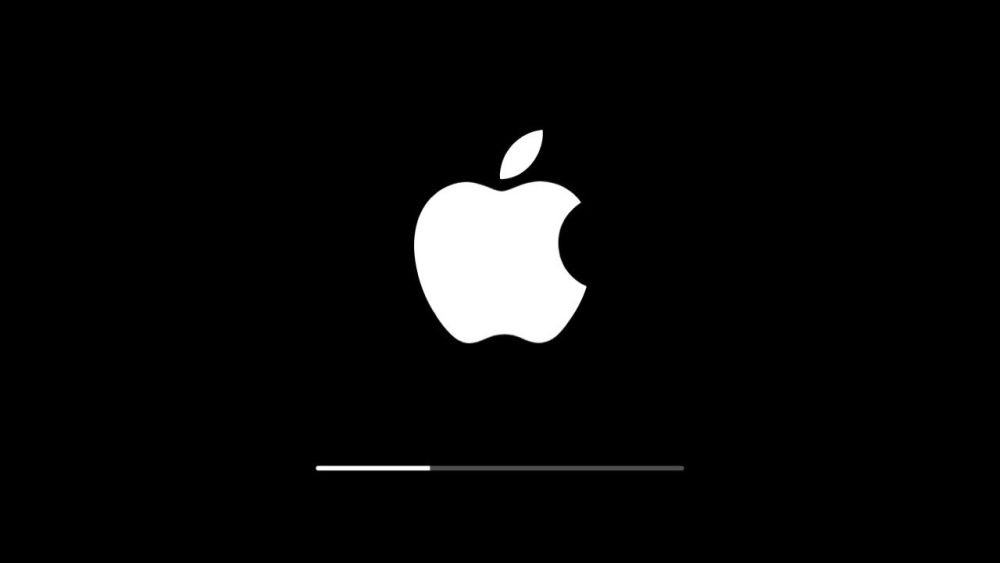As the U.S. Department of Justice’s antitrust lawsuit against Apple progresses to the discovery phase, Apple has issued a sharply worded legal rebuttal. The company insists that the allegations are not only unfounded but also pose a serious threat to consumer privacy and innovation.
Apple Calls Lawsuit A Misguided And Dangerous Overreach
In a comprehensive filing, Apple states that the DOJ’s case misinterprets how the iPhone ecosystem works and could “set a dangerous precedent” by giving regulators excessive control over technology design. The company claims its product choices are grounded in protecting user experience, privacy, and security, not in stifling competition.
DOJ’s Core Allegations
The DOJ filed the antitrust complaint in March 2024, focusing on five areas where Apple allegedly limits competition:
- Super Apps
- Cloud Gaming
- Third-Party Messaging Apps
- Smartwatches
- Tap-to-Pay Wallets
Apple has firmly rejected all of these claims, asserting that each point is based on misunderstandings or outdated information.
Apple’s Counterarguments
Apple argues:
- Super apps are supported, and many already exist on the App Store.
- Cloud gaming is allowed via browser and app-based streaming.
- Messaging apps like WhatsApp and Signal are available and widely used.
- Smartwatch compatibility has expanded through Apple APIs.
- Tap-to-pay features use proprietary systems to safeguard users’ financial data, offering a more secure experience than suggested alternatives.
Rebutting the Monopoly Narrative
Apple claims that the DOJ’s narrative attempts to distort the intent behind its ecosystem design, presenting user-centric features as anticompetitive behavior. Apple insists that the lawsuit is driven not by consumers, but by a few wealthy developers who wish to leverage Apple’s innovations without contributing meaningfully to the platform.
A Paragraph-by-Paragraph Defense
In its legal response, Apple addresses all 236 paragraphs of the DOJ’s original complaint. The company methodically denies accusations, often referring to many of them as legal conclusions that require no response. Apple confirms only verifiable historical facts, such as its founding in 1976 and the release of the iPhone in 2007.
Apple’s Nine Key Legal Defenses
Apple’s filing outlines nine central defenses, including:
- Legitimate business justifications
- Protected intellectual property rights
- Lack of legal standing
- No proven consumer harm
- Plaintiffs’ lack of entitlement to relief
- Moot arguments
- Application of the doctrine of laches (delayed filing)
- No harm to market competition
Specific Points of Contention
Super Apps
Apple argues it allows multi-functional apps and has no policies blocking their development. The lawsuit points to WeChat as a model, but Apple asserts that such apps are not excluded.
Game Streaming
Apple now supports both web-based and native game streaming platforms. Microsoft, for example, could release a streaming Xbox app—but hasn’t.
Messaging Interoperability
With iOS 18.2, Apple has implemented support for RCS, increasing compatibility with Android messaging platforms. However, SMS/RCS forwarding to third-party apps is not supported.
Smartwatch Integration
Third-party smartwatches work with iPhones through companion apps and expanding APIs, though Apple acknowledges they cannot fully replicate the Apple Watch experience.
NFC and Digital Wallets
iOS 18.1 opened the NFC chip to third-party developers, enabling secure tap-to-pay services. However, the DOJ is pushing for the ability to set alternative default payment apps.
Challenging the DOJ’s Market Definition
Apple contests the DOJ’s reliance on revenue-based market share metrics, calling it misleading. The company also disputes the categorization of “performance smartphones,” asserting it’s not an industry-standard classification and ignores global market dynamics.
Not a Consumer-Driven Complaint
Apple highlights that the lawsuit did not originate from consumers but from a handful of major developers, including rivals, who stand to gain from weakening Apple’s platform controls. The company believes compliance would compromise security and degrade user experience.
A Long Legal Battle Ahead
Now entering discovery, the case is expected to last for years. Apple will continue to argue that changes demanded by the DOJ would harm innovation, weaken security, and give undue advantage to competitors. Apple’s recent voluntary policy shifts, including App Store rule relaxations and more open APIs, may further undermine the DOJ’s case over time.


